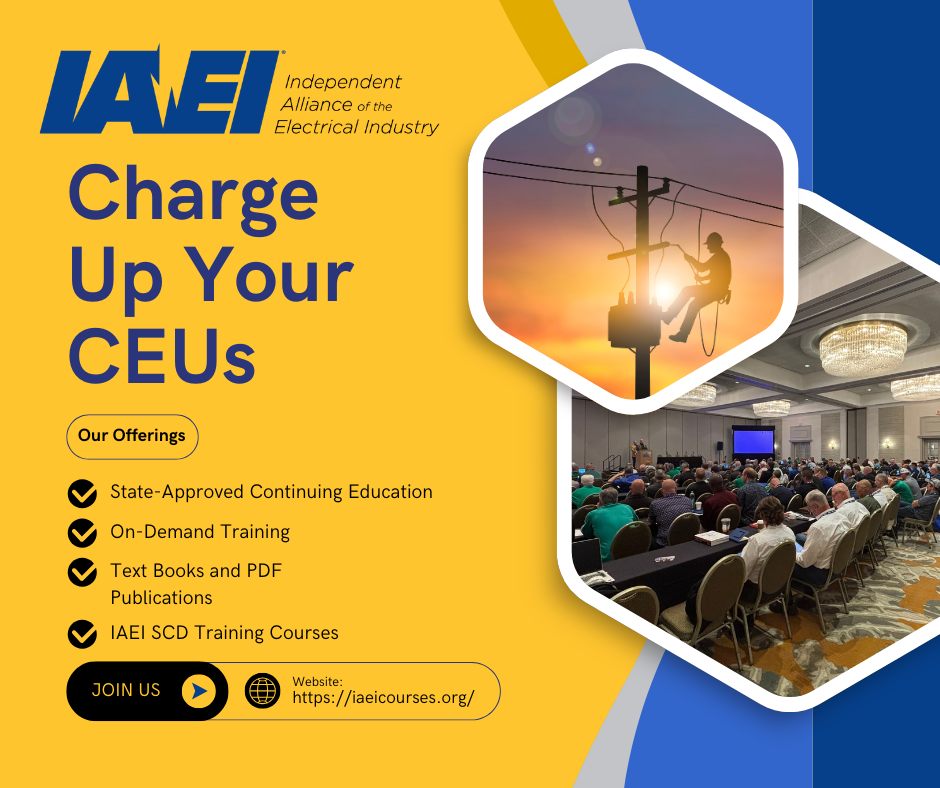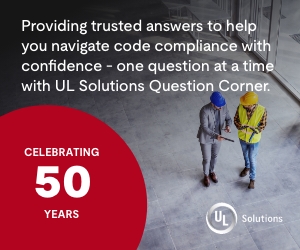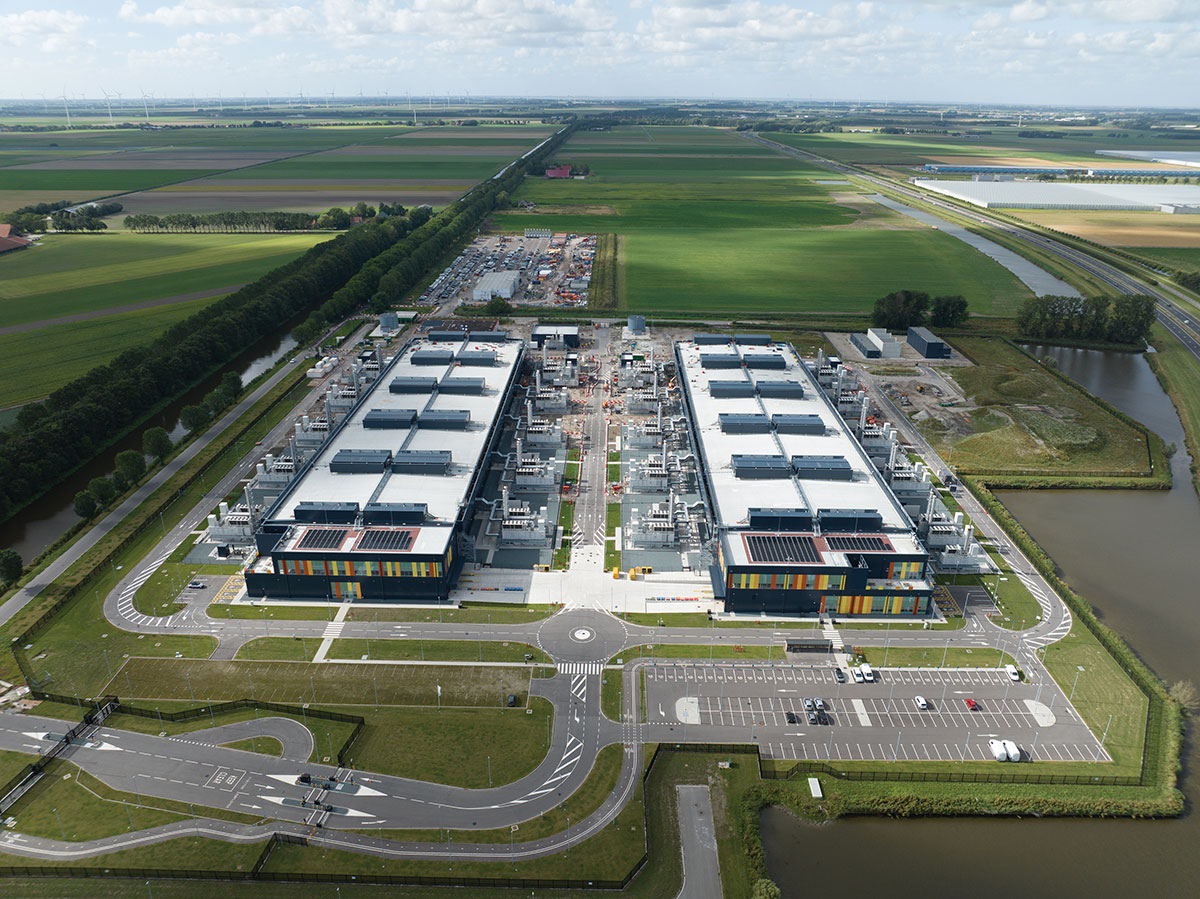We all have a unique perspective based upon our life experience. No two people have lived the same life and, therefore, do not have the same perspective. Your perspective is what sets you apart from all others and will define the value you add to the industry. Our knowledge, both technical and code, gained through formal education, work experience, and training is extremely valuable; but there is more: there is the human element. Your perspective is shaped by life experiences beyond the technical.
How do we interact with people? What does the NEC say? What does it mean? How do we convey its objective to others? Communication and enforcement of code requirements in a way that others will understand and appreciate are the challenge. Meeting that challenge defines our value to the industry.
Knowing the reason for a code requirement is key to understanding it. As I type this article, I cannot help but remember the required typing class that I took as a senior (I put it off as long as I could do so.) in high school — the one that seemed to serve no purpose at the time! We often do not appreciate the importance of knowledge or a skill without the benefit of future experience.
We have all come from different backgrounds. Everyone has strengths and weaknesses both technical and personal. We should strive to use our strengths (and share them with others) and improve in the areas where needed. No one knows it all. No one has done it all. Arrogance is the greatest weakness!
Some of us have worked for, or as, contractors and bring that perspective to work as inspectors. We have lived through the fears and concerns of the installer/small business owner and learned to appreciate the value of code-compliant installations for both the owner and installer. We know, firsthand, the importance of the level playing field that fair consistent inspections provide for the marketplace. We know that correct installations do not have to cost more or take longer than incorrect installations. The opposite is usually the case.
As inspectors, we know the political and practical pressures faced by jurisdictions. We are aware of the conflicting interests involved. We have also had to face the challenge of the most recent economic downturn. The economy may slow and new construction fall off, but the code must still be enforced. We end up with fewer resources, but we do not necessarily have fewer code violations. So we learn to do more inspections with less. The cost of new code rules must always be appreciated, but we cannot forget that burning buildings are not good for business either.
Although there is no substitute for proper code/technical knowledge there are other qualities that, as inspectors, we must value:
Integrity
Credibility is our most valuable asset and the essence of what we do for a living. Our “yes” must be “yes,” and our “no” should mean “no.” When we do not know something, we should say so, and then find the answer. If we are dealing with a grey code area, we must not forget the big picture and seek consistency. Our decisions will have life safety and financial consequences. The truth will always come out at some point, so why not start with it? Without integrity, our performance, no matter how well it may be, is meaningless. With integrity, even our mistakes are not a weakness because there is no intent to conceal.
Quality
Consistency is a key element of quality. Perfection can be the enemy. It is better to aim for a consistent, attainable standard than to accept an unrealistic standard that is never met. Can perfection be defined to the satisfaction of all in any realm of life or work? We are never perfect, and there is always a better way to perform a task. We only fail when we do not seek a better way or learn from a mistake. Mistakes are only failures when we choose to ignore the lesson. Something will be missed at every inspection by even the best inspector. There is so much to inspect and so little time available. Combination inspectors, in particular, have a heavy load. The perfect inspection should not be the goal; due diligence should be the goal. Do we know the key code requirements in play for the phase of the project? Are we calling something at final inspection that should have been found during the rough inspection, such as an incorrect wiring method? Are we measuring the distance between conduit straps without realizing that the wiring method used was not permitted for the occupancy? We can be limited by our abilities or by the limitations imposed on us through the political realities of life; but whatever our limitations, we must always seek to provide
knowledgeable consistent inspections.
Judgment
Good judgment is the most important quality for an inspector. Training and experience are the prerequisites for a mature approach. Applying judgment to the infinite situations encountered is what I enjoy the most about the inspection process. We are often dealing with a very grey world and attempting to make it as black and white as possible. The purpose of the NEC is the practical safeguarding of persons/property from hazards arising from the use of electricity (NEC 90.1). Applying the code correctly with the proper balance for all concerned is the greatest challenge and the most rewarding part of the job.
Conflict
Disagreement and conflict are a normal part of an inspector’s job. How we handle conflict will define our ability as an inspector. We should never seek to cause conflict, but we must be aware that conflict is a natural component of the inspection process. Conflict should be a healthy constructive element of life. Conflict should not equate to anger or loss of control.
Honest confrontation of differing opinions or competing ideas will result in a stronger product. Often, more damage is done when people seek to avoid conflict. The result of sticking our head in the sand is worse than facing the actual conflict itself. I like to use this example; if your car has a flat tire, it does not help to change the fan belt. The tire must be changed! Quite often, in work situations, I see people (or committees) avoid conflict by changing the fan belt, when it is the tire that is flat. The other destructive approach to conflict is the assumption of only two solutions to a problem. There are always multiple solutions to every problem, and we must find the best solution for a given situation. How to handle conflict? Embrace it!
Connections
As inspectors we may have come from different backgrounds; yet, as IAEI members, we are all in the same place now. IAEI membership provides a forum for sharing our strengths and improving our abilities. More importantly, IAEI is our voice for sharing the collective inspector perspective with the industry we serve. As inspectors, we know that proper electrical connections are vital to the long-term success of every electrical system. The IAEI connection to each other and to industry is just as beneficial to the long-term success of all.










Find Us on Socials